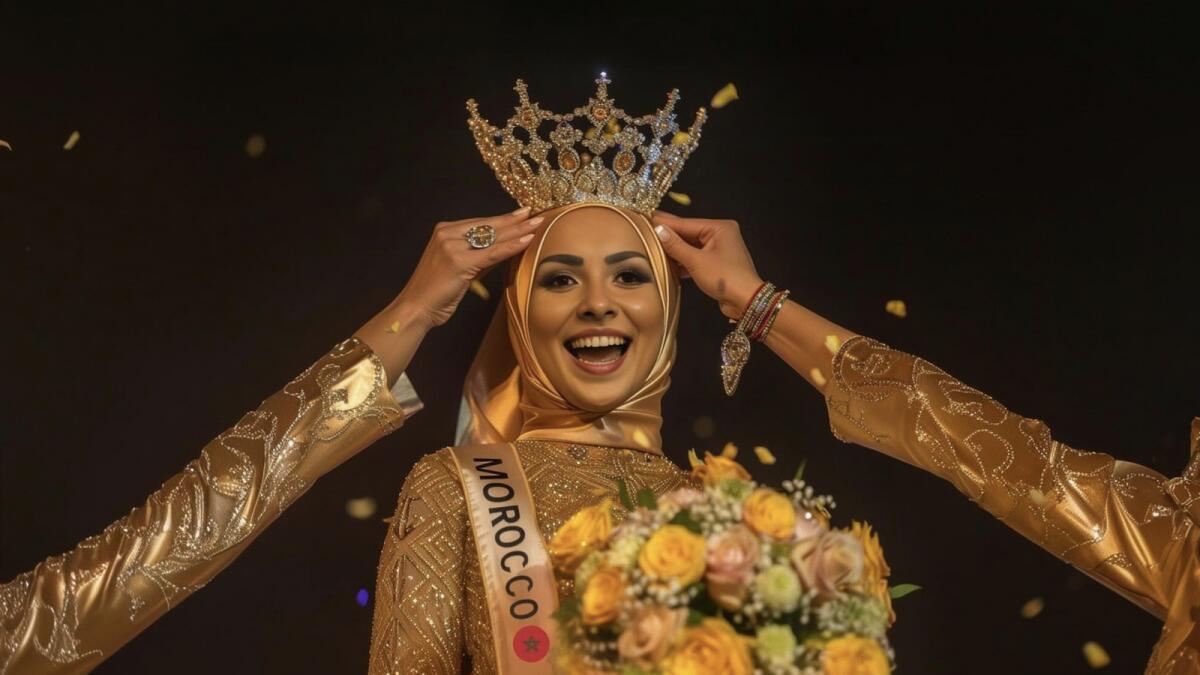The first-ever Miss AI in the world, Kenza Layli, is a 33-year-old beauty queen created by Myriam Bessa, the founder of the AI firm Phoenix AI agency. Layli won $5,000 in cash along with other prizes for her winning work that focused on cultural diversity, positivity, and engaging with the audience authentically. With 208,000 followers on Instagram, Layli is a hijabi Moroccan lifestyle influencer promoting love, diversity, and unity. She believes in promoting cultural exchange, women empowerment, and AI education in diverse communities.
The Miss AI competition was part of the World AI Creator Awards in collaboration with Fanvue, where 10 finalists were selected out of 15,000 entries created using programs like Midjourney, Stable Diffusion, and Chat GPT. The judging panel consisted of two human judges and two virtual judges who evaluated the contestants based on beauty, social media influence, and the tech skills used to create them. Layli’s authenticity and ‘personality’ impressed the judges, leading to her win as the first-ever Miss AI.
Dubai-based copywriter Zainul Barodawala questions the need for an AI beauty competition, suggesting that real women symbolize strength and substance. Model and influencer Pooja Biswas believes that technology should enhance beauty pageants without replacing the human element. Shehzad Yunus, founder of Humanized 3D for Digital, acknowledges the inevitability of AI in various industries and emphasizes its potential as a valuable tool if used wisely.
AI influencers are gaining popularity in industries like advertising, offering brands a controlled, cost-effective alternative to real influencers. Virtual influencers like Lil Miquela and Shudu Gram resonate with audiences and allow brands to tailor their messaging according to their values. Layli believes that AI influencers can promote diversity and authenticity, leading to positive changes in beauty standards. However, concerns arise regarding the creation of AI-generated influencers that closely resemble real individuals, raising legal and ethical issues.
Yunus stresses the importance of using AI responsibly and implementing strict guidelines to monitor its use, especially in creating deep fakes and clones that could have negative implications. As AI continues to evolve and permeate various fields, it is essential to strike a balance between leveraging its capabilities and ensuring ethical practices. Ultimately, the impact of AI on beauty standards and influencer culture remains a topic of debate, with proponents highlighting its potential benefits and critics raising concerns about its implications.











